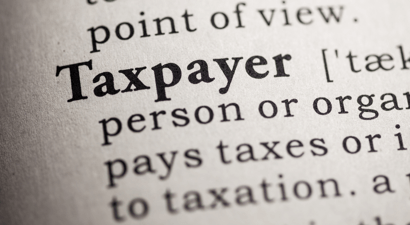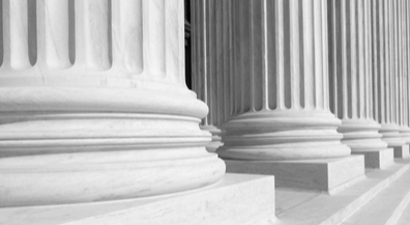Uncertainty Amongst Some VAT Vendors: What You Need to Know
By the Shepstone & Wylie Tax team
We have recently noted the uncertainty amongst some VAT vendors regarding what rate of VAT to levy on some of their supplies in light of the VAT increase from 14% to 15%, which will be effective from 1 April 2018.
The time of supply will generally determine the applicable VAT rate that must be levied. If time of supply is before 1 April, then VAT is to be levied at 14%. If time of supply is on or after 1 April, then VAT is to be levied at 15%. Time of supply is therefore a fundamental concept that one must understand in order to calculate VAT effectively. Generally, the time of supply will be the time that an invoice has been issued or when payment has been made, whichever comes first. There are, however, also special time of supply rules regarding certain forms of supply. For example, section 9(3)(d) of the VAT Act provides that where goods consisting of fixed property are supplied under a sale, that supply shall be deemed to take place on the date that the transfer is effected in the deeds registry, or on the date on which any payment is made in respect of the consideration for such supply (whichever date is earlier).
It must be noted that vendors who wish to take advantage of timing anomalies need to be aware of section 67A(2) of the VAT Act. This anti-avoidance provision provides that where supplies are made after 1 April, but invoices or payment was made prematurely to trigger the time of supply before 1 April, that supply will be deemed to be taxable at the new rate (unless it is customary for invoices or payments to be made in advance).
There are also some concessions provided to some forms of supply. For example, section 67A(4) of the VAT Act generally provides that if the price of the sale of residential property was determined and stated in a sale agreement, which was signed by the parties thereto before 1 April 2018, and the transfer and payment will only take place after 1 April 2018, then VAT is to be levied at a rate of 14%. Therefore, although time of supply is not prior to 1 April, VAT will still be levied at 14%.
In cases where time of supply has not yet occurred, but an agreement to supply goods/services was entered into prior to the VAT increase and that agreement expressly provided that VAT is to be levied at 14%, then section 67 of the VAT Act provides that the vendor may recover that increased sum of VAT from the recipient of the goods/services. Contracting parties may, however, include a clause in their contract stipulating that section 67 of the VAT Act will not apply to their agreement.





